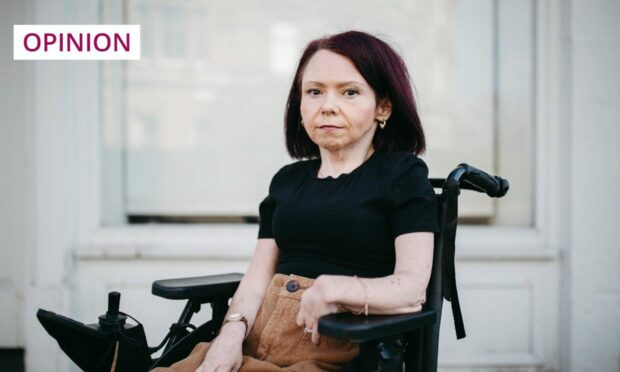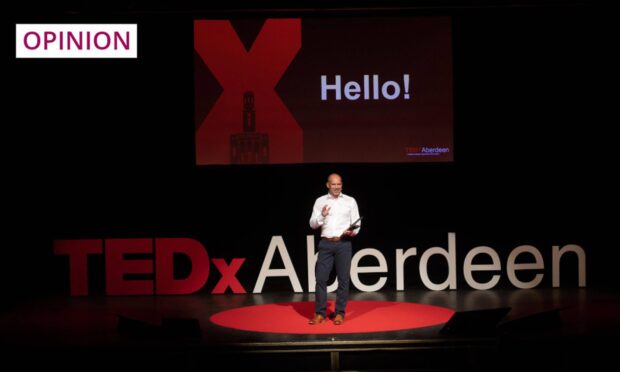Opportunistic MSPs only vouched for children with ADHD and autism in order to push their objection to the gender recognition bill, writes Jill Rattray.
Scotland’s Gender Recognition Reform Bill was opposed by several MSPs citing the risk to neurodivergent children.
I’m autistic and have ADHD, and it was news to me that any of these MSPs had any interest in protecting neurodivergent people of any age.
The bill itself allows trans people to get a gender recognition certificate without needing agreement from a panel of doctors; they are allowed to self-identify – that’s all.
Opponents of the bill quoted the Cass Review’s claims that care staff have found neurodivergent children feel pressure to have an unquestioning, affirmative approach to gender identity treatment, but there’s no data to back that up, and no data or anecdotal evidence from children themselves.

The other concern from certain MSPs is that, when gender identity distress is identified, it can overshadow other medical needs.
The intended inference, I think, is that if the complex medical needs of neurodivergent children were better dealt with, then they wouldn’t be trans. This is pure nonsense. But, it relies on a general public who don’t really understand autism or ADHD – to them, it possibly sounds reasonable.
Autism has no treatment. I could sing the praises of ADHD medication all day, but I can’t see how taking it would change someone’s mind about being trans.
Possibly the most horrifying contribution to the debate came from the SNP’s Ash Regan, who quoted a constituent, revealed details of the constituent’s child, and misgendered the child. This doesn’t strike me as something done to protect neurodivergent children.
MSPs cannot protect neurodivergent children by attacking trans people
If these MSPs were actually concerned about neurodivergent children, they would be worried about schools still being incredibly inaccessible, massive overrepresentation of neurodivergence among the prison population, and higher levels of unemployment and poverty. But they’ve barely mentioned the existence of neurodivergent people in parliament before, never mind actually pushed for policy that would improve their lives.
Interestingly, Scotland has a few neurodivergent MSPs, as well as MSPs from the wider disability community, and they were mostly in favour of the Gender Recognition Reform Bill. Their contributions were clearly influenced by their own experiences.
7. Watch my speech on the bill, here:https://t.co/fdrkAQZeu9
— Pam Duncan-Glancy MSP (@GlasgowPam) December 23, 2022
Labour’s Pam Duncan-Glancy said: “Being recognised for who you are, without suspicion, is hard… and requiring someone else, who does not even know you, to confirm your identity is belittling.” She was talking about being trans, but the statement could easily apply to being autistic or having ADHD.
Daniel Johnson, an MSP who has ADHD, pointed out: “Psychiatrists cannot provide a magic window into people’s brains, heads or understanding… all they do is ask you about your experience and your understanding.”
MSPs cannot protect neurodivergent children by attacking trans people; they will end up punishing those they claim to protect.
Jill Rattray writes about issues that affect neurodivergent and disabled people in the UK, particularly Scotland











